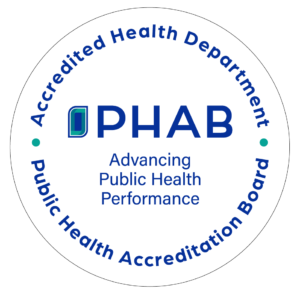I suspect the seeds of my mental health disorder were sort of always there. My anxiety disorder, which primarily manifested as perfectionism and obsessive thoughts, probably started around age 7.
My depression, particularly the suicidal ideation, started after the suicide of a close friend and a broken marital engagement, both of which occurred in the span of a year around age 20.
At age 25, I was severely injured in a car accident. The associated trauma compounded my existing mental health issues.
From the age of 20 until I first sought therapy at age 28, I had suicidal thoughts daily, often dozens of times per day. At age 28, I lived completely by myself for the first time.
Within 4 or 5 months it became clear that, as depressed and isolated as I had been previously, when even a few minutes of interaction per day with my housemates had broken up my internal monologue, now I could now follow a self-destructive chain of thought for days. As a result, it seemed that there was a much greater likelihood of me following through on my suicidal thoughts.
I began actively pursuing therapy upon listening to the Mental Illness Happy Hour podcast, which included lots of frank talk about people’s struggles and recovery.
Resources that have helped me in my recovery were reading the profiles of local Cognitive Behavior Therapy (CBT) therapists on Psychology Today’s website and calling those who seemed promising. My eventual CBT therapist was recommended to me by one of these therapists I called. I went on to pursue Eye Movement Desensitization & Reprocessing (EMDR) with a second therapist to process some of my trauma and, eventually, saw a psychiatrist to explore possible medications.
I am reticent to say that I have “achieved recovery.” Even 4 years into the process, recovery is something I still have to work at. There is always the risk of slipping back into old habits and well-worn thought patterns.
Still, the quality of my life has improved dramatically. The worst of my symptoms (e.g. suicidal ideation and dissociative episodes) have been more or less eliminated. In addition, I have experienced an increased desire (and accompanying motivation) to socialize. This has helped me to integrate myself into a group of understanding, supportive friends for the first time in my adult life. I have also been able to pursue a second life as a community organizer that has been very fulfilling.
For someone working toward recovery, ultimately you have to decide that you want to get better and that you’re willing to go to some emotionally vulnerable places to do so.
For me, it took 8 years of seemingly constant suicidal ideation, long bouts of self-imposed isolation, and a severe car accident to get to the point where I felt I had no other choice. I hope people considering taking the first step don’t wait as long as I did. I’m very grateful, however, that, for once, I chose to ignore the voice in my head that had persuaded me to squander nearly a decade of my life, and make a concerted effort to find help.
Despite how important it was for me to hear other people’s recovery stories in order for me to imagine that I too could recover, I also recognize how demoralizing the more dramatic success stories can be. It can be hard to imagine your own recovery following a similar arc. I was certainly skeptical myself.


